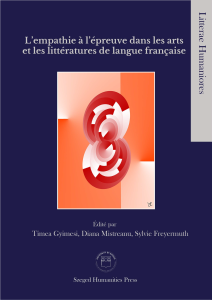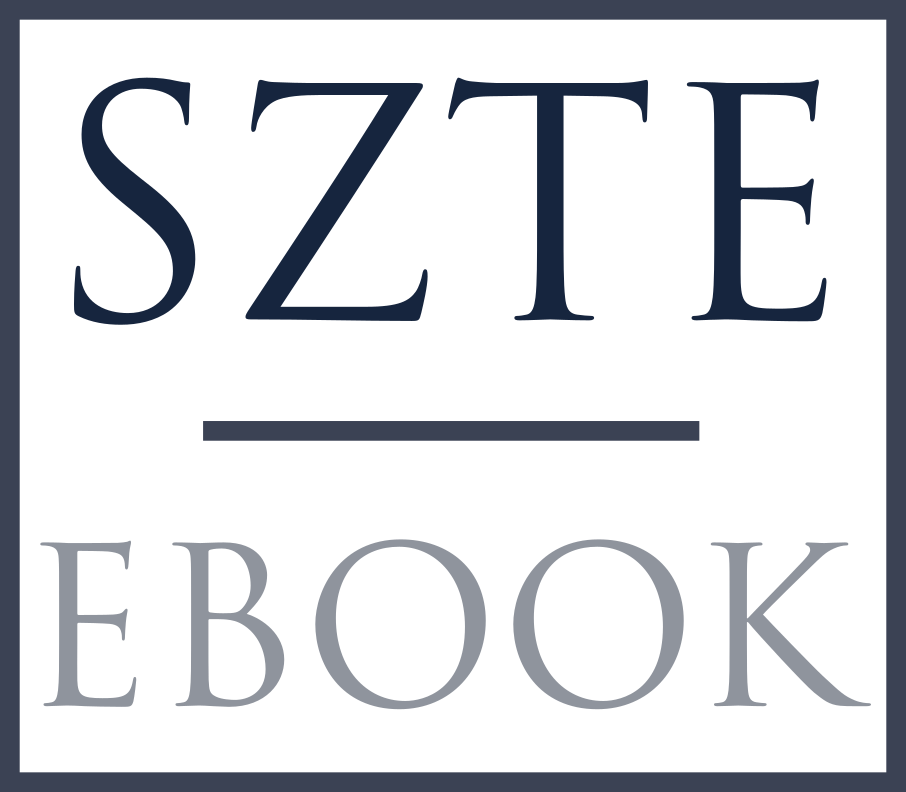« Vivre par procuration »: recyclage et empathie dans Les Larmes d’Olivia Rosenthal
Tartalom
The practice of recycling in film and literature is closely linked to the field of adaptation. From the cinematic adaptation of literary works to the contemporary trend of the novelisation of cinematographic works, numerous examples testify to the solidarity of filmic and textual processes. The objective of the present paper is to analyze the role of empathy in this intermedial dialogue via Olivia Rosenthal’s Ils ne sont pour rien dans mes larmes. By establishing a relation between the filmic fiction and the real, by empathising with certain characters, disparate lives and fragments of lives begin to communicate. The boundaries between cinema and literature, between the filmic narrative and real life are blurred by this connection, by this gesture of empathy that reflects a porosity suggested in advance by the epigraph: “Incredibly painful things can be lived vicariously”.
Keywords: Olivia Rosenthal, Ils ne sont pour rien dans mes larmes, relational approach, empathy, identification, projection, recycling


